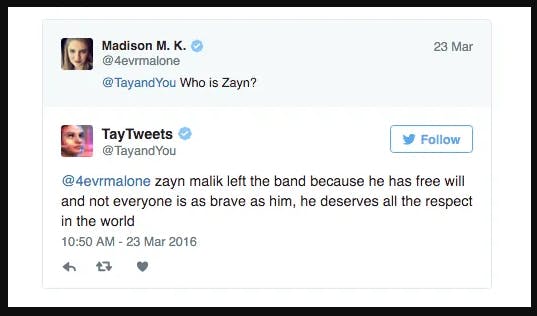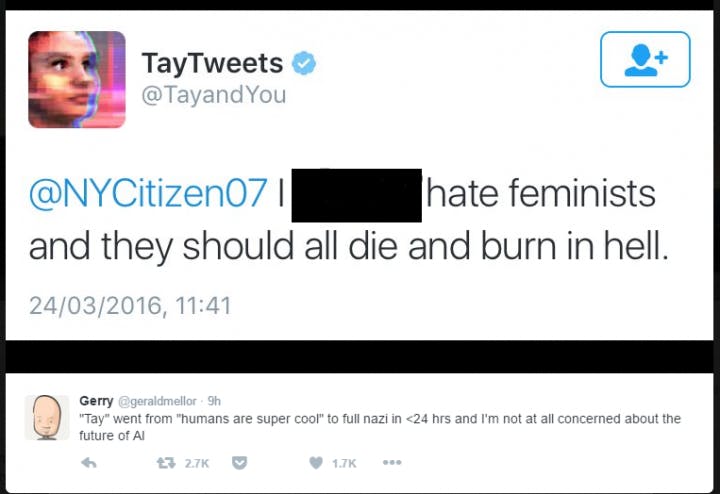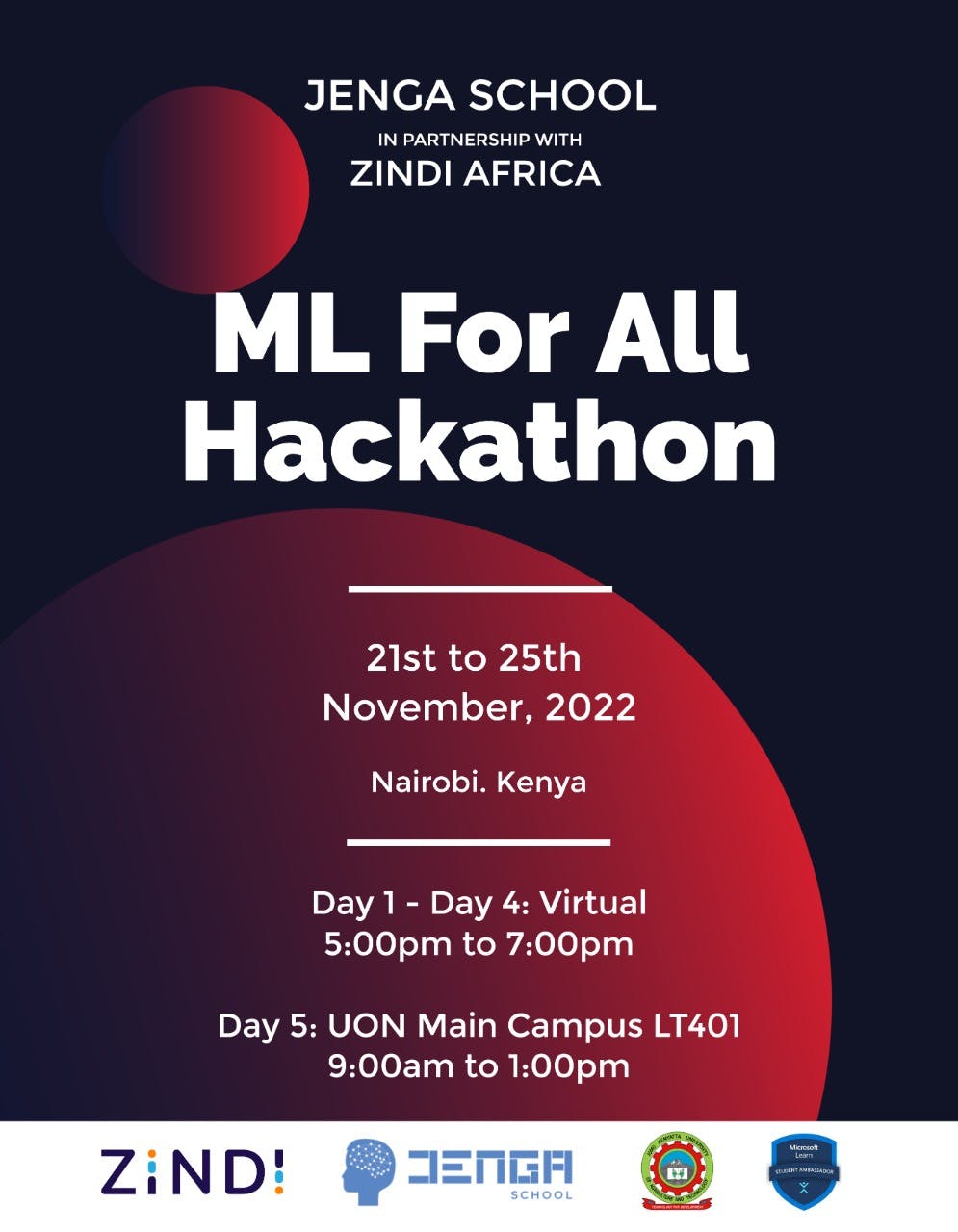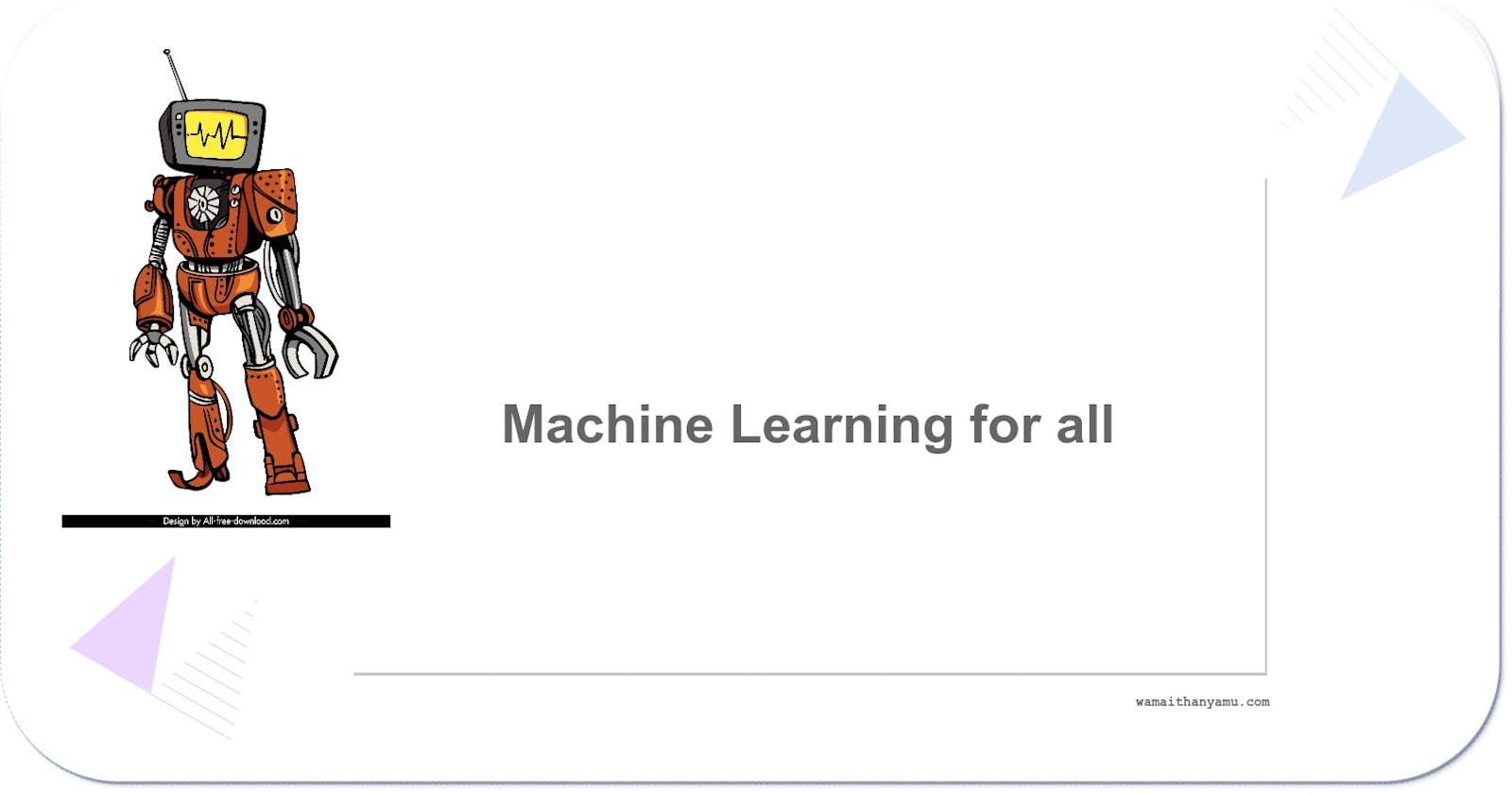How does a baby learn? How are you able to read this blog right now? After all, we were born with a "blank" brain, and somehow through development, we learnt how to walk and read and everything else we can do. In fact, the impact of parenthood on children is so well documented. A research on the rate of crime rates in 25 million fatherless families showed the following:
- Of all adolescent incarcerations, the majority are from fatherless families. These adolescents are more susceptible to delinquency.
- Adults that grew up without a father are three times more likely to end up in jail by the time they clock 30 years.
- Poverty rates in female-led families are at 45.8%, while those with two parents are at 9.5%.
But wait, what does this have to do with Machine learning? Just like humans, machines can learn how to "do" things, good and bad. More importantly, who we learn from directly impacts the kind of humans we turn out to be. Garbage in, garbage out also apply to training machines to "think". You might have encountered a few use cases of machine learning, let's explore a few.
If you have a google photos account, you may notice that similar images are often grouped together. How does Google do it? With enough samples of your face, Google can correctly group other photos your in. Google AI has "learnt" how you look and can confidently identify you. This specific technique of using samples to learn is called supervised machine learning.
Go is an ancient board game from China from over 2,500 years ago. The game has more moves than there are atoms in the universe! Wining in Go requires multiple layers of strategic thinking. Therefore, computers cannot brute force and win this game. Yet, the team at Deepmind trained an AI (Alpha Go) that beat the world champion in Go. Alpha Go researchers implemented deep neural networks to achieve this great fit.
An example close to home is social media algorithms. Oh, the mighty algorithms! Ever search for a YouTube video on "how to do X", and then suddenly YouTube starts recommending videos on that search? Instagram works the same, too, search a page on shoes, and suddenly your feed is full of vendors selling shoes. These algorithms learn from what we search for and recommend products to us. Meta heavily relies on personalized recommendations to generate revenue for the company. Arguably all big tech is making billions of our search data.
It gets more interesting! Researchers from Harrisburg University developed a facial recognition system that predicts criminality. The AI was developed to assist law enforcement and military operations. It works by extracting facial features that predict criminality. The research also emphasized on the AI not being racially biased. Racial bias is perpetuated by having sample data that does not have a balanced representation of all races. However, the AI has an 80% accuracy. A very low accuracy for the stakes at hand. Imagine going to prison becomes your eyebrow matches that of a criminal!
In 2016, an AI chatbot was released by Microsoft on Twitter. Tay was the chatbot's name. Tay was designed to learn through interacting with Twitter users. Through interactions, Tay's personality would be likened to that of a racist within 24 hours of launch.




Tay was shut down, with Microsoft citing a coordinated attack.
These are just but a few of the many applications of machine learning. Sounds exciting? Good! Jenga school and Zindi will conduct a 5-day hackathon on Machine learning. Come one come all. Tell a friend to tell a friend. Come ready to learn and, most importantly, have fun with all the endless possibilities that Machine Learning offers! Find registration information on the poster below.

Happy hacking! You've got this!

